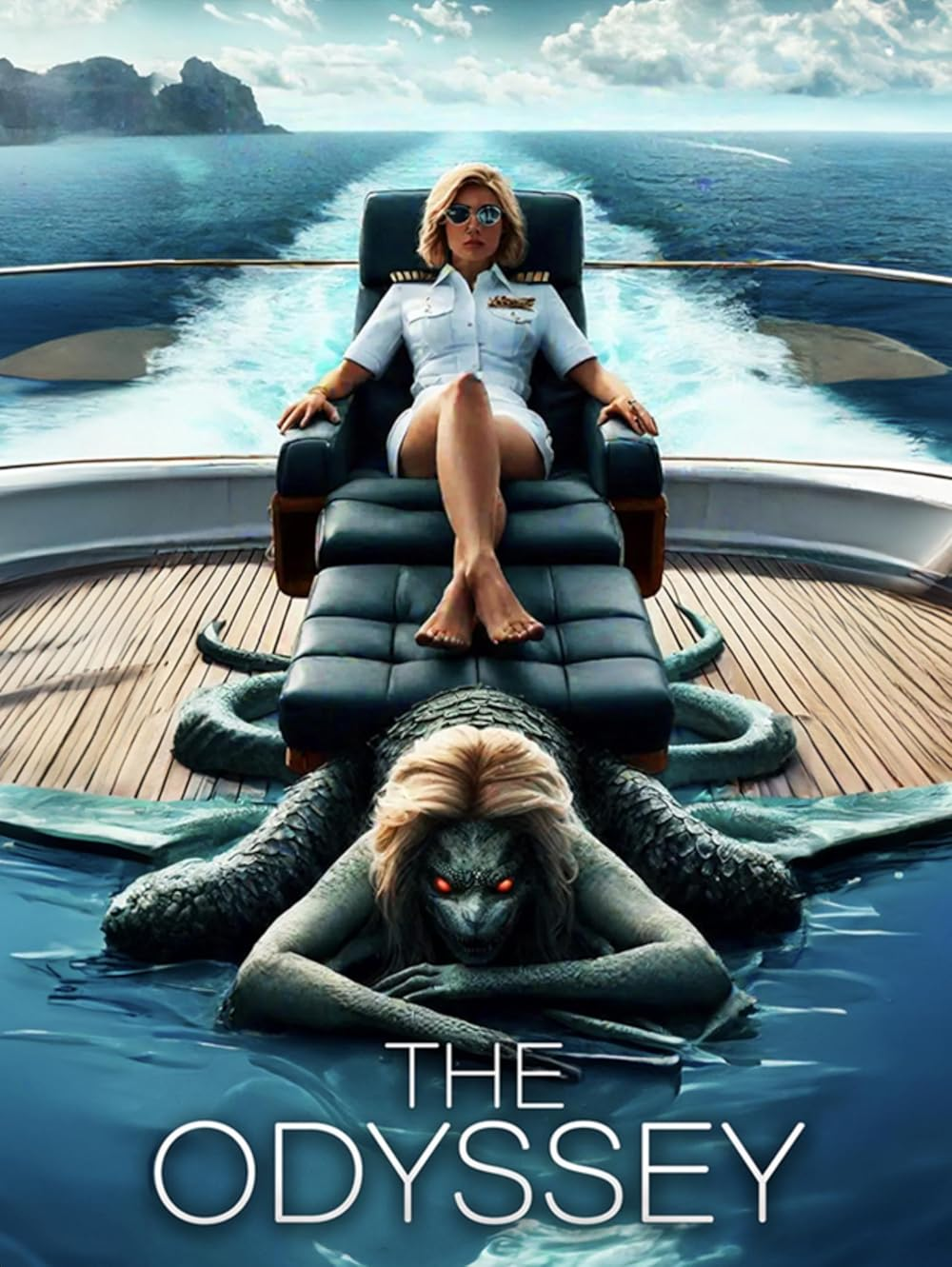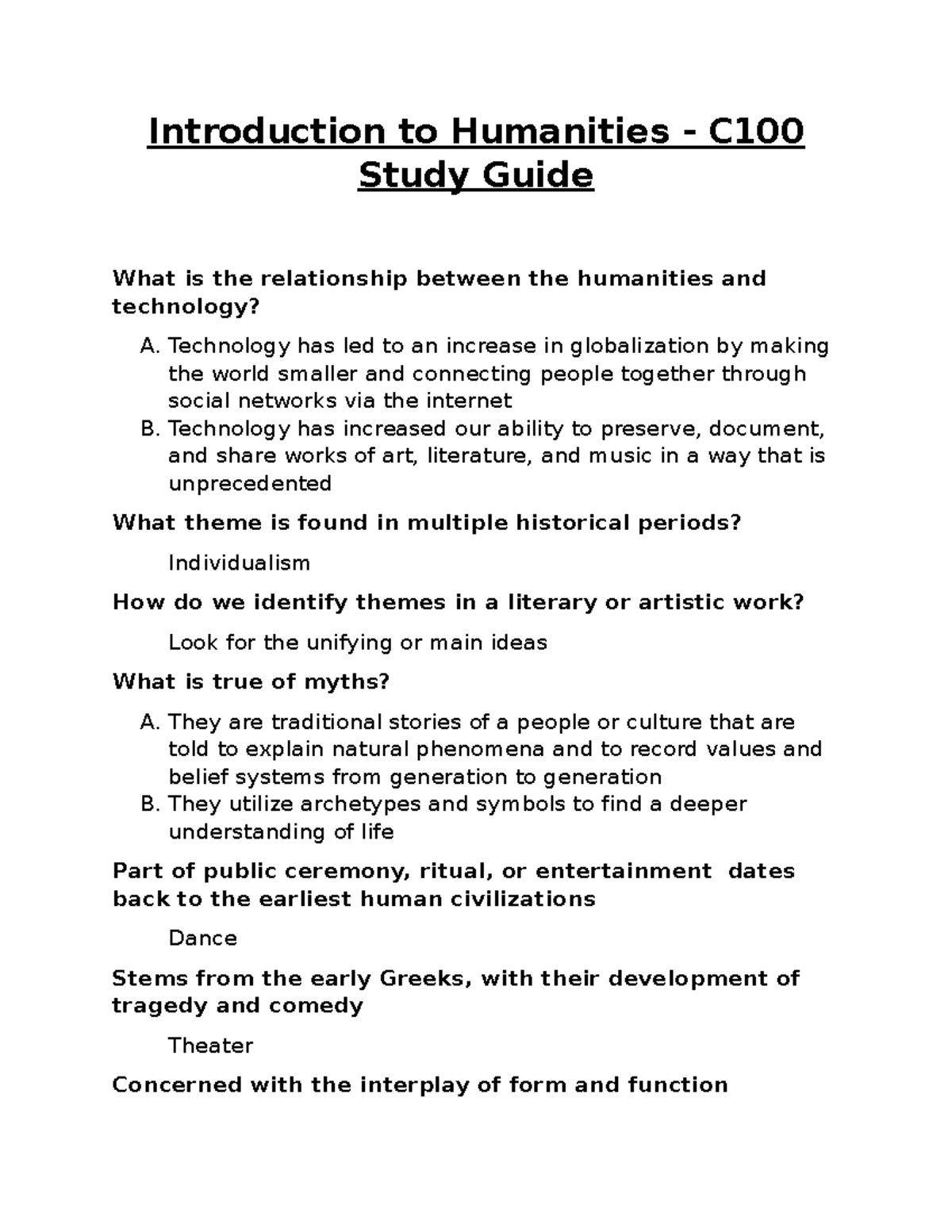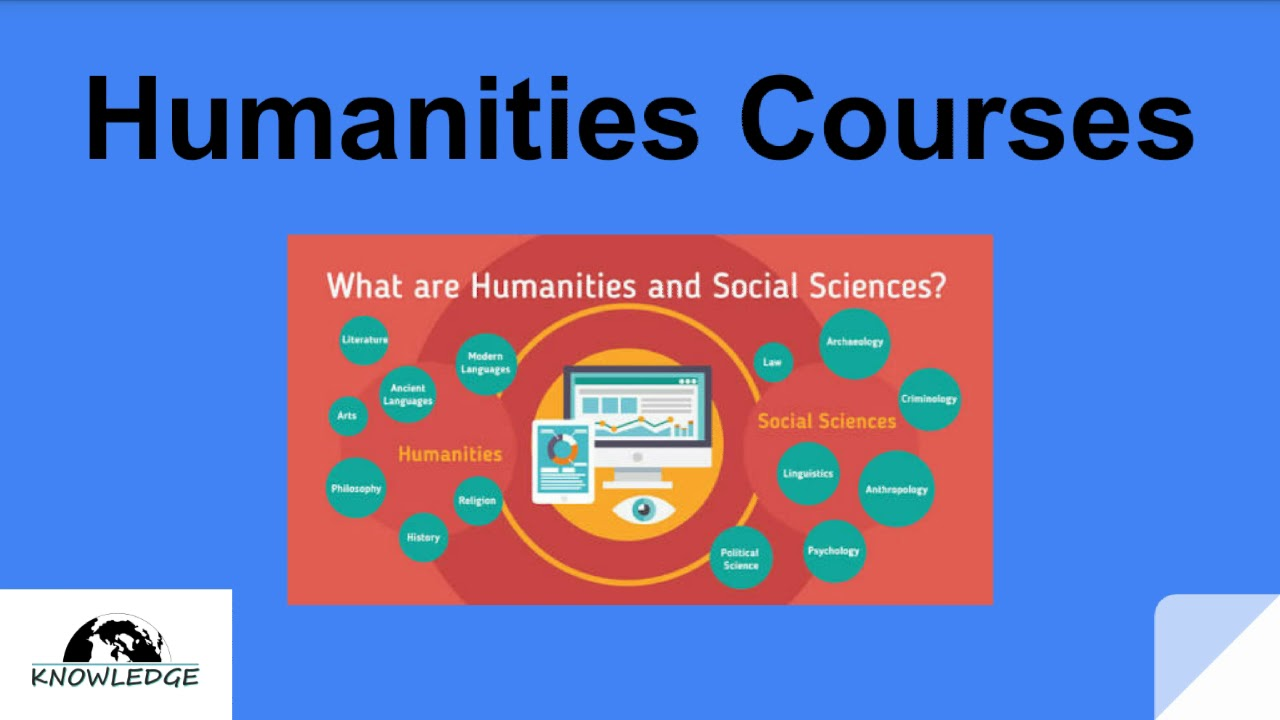“The Odyssey,” one of Homer’s epic masterpieces, continues to resonate with audiences nearly 3,000 years after it was penned. The narrative follows the cunning hero Odysseus as he navigates treacherous seas and encounters mythical beasts, showcasing profound themes of perseverance and identity. Recent adaptions, such as the American Repertory Theater’s production and an eagerly anticipated film by Christopher Nolan, further highlight the story’s timeless allure. Additionally, readers can explore various translations of “The Odyssey,” each offering unique interpretations, ensuring that the epic remains accessible to modern audiences. As scholars like Greg Nagy delve into the character analysis of Odysseus, they unveil the complexity of his journey and the underlying human experiences that have captivated generations.
Homer’s “Odyssey” stands as a monumental epic, a blend of heroic narratives and philosophical reflections that have fascinated readers worldwide. This ancient tale chronicles the adventures of Odysseus, whose transformative journey speaks to the essence of human resilience against adversity. Major productions, including a dynamic stage rendition at the American Repertory Theater and a cinematic venture from acclaimed director Christopher Nolan, have rekindled interest in the epic’s multifaceted characters and themes. As audiences engage with various translations of this classic work, the rich tapestry of cultural interpretations allows for a deeper understanding of Odysseus’s character dynamics and the intricate plot lines. Overall, the impact of this literary gem transcends time, weaving its way into contemporary discussions of heroism and identity.
The Timeless Resonance of The Odyssey
Homer’s epic, “The Odyssey,” has transcended time and cultural boundaries for nearly 3,000 years, captivating audiences with its rich themes of adventure and heroism. The enduring appeal of this ancient tale can be felt in its recent adaptations, including a stage production at the American Repertory Theater, a new translation by Daniel Mendelsohn, and an eagerly anticipated film directed by Christopher Nolan. The universality of Odysseus’ journey resonates with contemporary audiences, as it explores the complexities of human experience such as love, loss, and the quest for identity.
The ongoing fascination with “The Odyssey” can also be attributed to its layered storytelling, which speaks to the timeless struggles faced by all individuals. Odysseus, a figure of cunning and resilience, embodies the archetype of a hero who navigates through trials and tribulations, mirroring our own life journeys. Scholars and audiences alike find relevance in his character, often drawing parallels to modern challenges, making Homer’s epic a perpetual source of inspiration and reflection.
Translations of The Odyssey: A Journey Through Interpretation
With over 100 translations of “The Odyssey” available, the task of choosing a favorite can be daunting. Each translator brings their own voice and understanding to the text, which has evolved through the centuries. From the groundbreaking work of George Chapman to Emily Wilson’s fresh perspective as the first female translator, each rendition opens new avenues for interpretation. Notably, Mendelsohn’s upcoming translation seeks to revive appreciation for Homer’s nuanced language while making it accessible to contemporary readers.
The diversity in translations not only showcases the timeless nature of the narrative but also highlights the importance of contextual understanding when engaging with ancient texts. Each version of “The Odyssey” offers a unique lens through which the story can be appreciated, allowing readers to connect with its themes on various levels. This multitude reflects both the complexity of the original poetry and the rich tapestry of human experiences depicted throughout Odysseus’ journey.
Exploring Odysseus: The Complex Hero
Odysseus is often characterized as a heroic figure, yet his portrayal in “The Odyssey” reveals much more complexity beneath the surface. While he possesses traits of bravery and intellect, Odysseus embodies the archetype of the trickster, navigating both challenges and moral dilemmas throughout his journey. His cunning nature often leads him to bend the rules, challenging societal norms and expectations, which engage readers in deeper moral discussions about the nature of heroism.
The duality of Odysseus’ character allows for multifaceted analyses; he is not merely a perfect archetype of a hero but rather a flawed individual who grapples with his personal demons. This depth is crucial for understanding the narrative’s core themes—how a hero’s flaws can sometimes lead to profound wisdom. By examining Odysseus’ character arc, readers can reflect on their own lives and the lessons learned through personal imperfections and the quest for redemption.
The Role of Penelope in The Odyssey
While Odysseus is often in the spotlight, Penelope emerges as a pivotal character in her own right within “The Odyssey.” Her intelligence and emotional resilience are on full display as she navigates the trials of waiting for her husband’s return amidst the pressures of suitors vying for her hand. Her character challenges the traditional notion of heroism by showcasing strength through patience and cunning, emphasizing that heroism can manifest in many forms.
Penelope’s strategic storytelling, particularly in her dream interpretation, illustrates her depth and intellect, often rivaling Odysseus in wisdom. Such layers to her character enrich the narrative, prompting readers to reconsider the roles of women in epic tales. By understanding Penelope, audiences gain insight into the dynamics of gender and power within the ancient context, revealing significant cultural reflections that remain relevant today.
Contemporary Adaptations of The Odyssey
The adaptation of “The Odyssey” into various contemporary formats, including theater and film, showcases its ongoing relevance in modern culture. The American Repertory Theater’s recent production highlights how the themes of the epic resonate powerfully with today’s audiences. By staging this timeless tale, they bring Homer’s narrative to life, inviting new interpretations and conversations about its meaning in contemporary society.
Additionally, director Christopher Nolan’s forthcoming film adaptation promises to reimagine Odysseus’ epic journey through a modern lens, likely retaining its core themes while exploring contemporary issues. Such adaptations not only pay homage to the original work but also demonstrate how classic literature can evolve, making it accessible for future generations who seek to explore the complexities of humanity through the lens of ancient narratives.
The Significance of Tricksters in Literature
In literary tradition, tricksters play a vital role in exploring societal norms and values. Odysseus, as a quintessential trickster, subverts expectations throughout “The Odyssey,” offering profound insights into the moral fabric of society. This archetype teaches us about the boundaries of behavior and the fluidity of identity, cleverly showcasing that rules can be bent, broken, or reinterpreted.
The trickster character encourages audiences to question authority and consider alternative perspectives, enriching the narrative’s depth. By highlighting Odysseus’ actions and their implications, readers are invited to reflect on their own moral choices, fostering a deeper understanding of personal agency within the constraints of societal expectations. This timeless theme resonates beyond the pages of ancient texts, influencing modern storytelling in significant ways.
Navigating the Journey of the Soul in The Odyssey
One of the most compelling themes in “The Odyssey” is the hero’s journey as a metaphor for the journey of the soul. As Odysseus traverses an array of challenges, his experiences mirror the inner transformations faced by individuals in their quest for purpose and identity. Each encounter serves as a lesson, pushing him toward self-discovery and ultimately leading to his growth as a character.
This framework encourages readers to embark on their own journeys of introspection, understanding that like Odysseus, they too must navigate life’s uncertainties. The narrative’s exploration of inner struggles and personal evolution invites contemporary readers to reflect on their paths and the lessons they learn along the way, reinforcing the timeless nature of Homer’s epic in our collective search for meaning.
Cultural Impact of The Odyssey Through Time
The cultural impact of “The Odyssey” is profound, as it continues to inspire countless works of literature, art, and film. From epic poems to modern tales, the themes within Homer’s narrative have been reinterpretated throughout the ages, affirming its place in the literary canon. The epic’s influence is evident in contemporary works, where its archetypes and motifs are frequently woven into new narratives, illustrating the ongoing relevance of ancient storytelling.
Moreover, educational institutions widely study “The Odyssey,” ensuring that future generations engage with its rich thematic content. This academic interest highlights how Homer’s work prompts discussions about morality, the human experience, and cultural values across different societies. As a touchstone of artistic and intellectual inquiry, “The Odyssey” remains a vital part of our cultural heritage, continuing to connect with audiences through shared stories of resilience and adventure.
Learning and Reflection: Lessons from The Odyssey
Homer’s “The Odyssey” serves not only as a tale of adventure but also as a profound source of life lessons for its readers. Each character’s journey offers insights into resilience, loyalty, and the importance of wit in overcoming challenges. The poem encourages readers to examine personal values, question societal norms, and recognize the complexities of human relationships, inviting a reflective approach to understanding their own lives.
The narrative invites engagement with eternal themes such as love, sacrifice, and the quest for identity, providing a canvas on which readers can project their personal journeys. This aspect of the poem underscores its power to inspire introspection and growth, reminding us that the journey is as significant as the destination. In this light, “The Odyssey” becomes an enduring guide for navigating life’s many trials.
Frequently Asked Questions
What is the significance of Odysseus in Homer’s epic, The Odyssey?
Odysseus is the central character of Homer’s epic, The Odyssey, embodying the traits of cunning, bravery, and complexity. As a ‘trickster,’ his character reveals the intricacies of moral choices and the human condition, making him a fascinating study in heroism.
How does the American Repertory Theater’s production of The Odyssey enhance the understanding of Homer’s work?
The American Repertory Theater’s production of The Odyssey brings a contemporary lens to Homer’s epic, allowing modern audiences to connect with timeless themes of adventure, identity, and resilience through innovative staging and interpretation.
What are some notable translations of The Odyssey and how do they differ?
There are over 100 translations of The Odyssey, with notable ones including Emily Wilson’s recent version, which emphasizes character emotions, and Robert Fagles’ actor-friendly approach. Each translation offers a unique perspective on Homeric language and themes, enriching the reading experience.
What can viewers expect from Christopher Nolan’s forthcoming Odyssey film adaptation?
Christopher Nolan’s upcoming Odyssey film adaptation is anticipated to blend cinematic artistry with the essence of Homer’s narrative, focusing on themes of journey and identity, similar to his previous works that explore complex storytelling.
How does Penelope’s character in The Odyssey compare to Odysseus?
Penelope, often regarded as a beacon of intelligence and loyalty in The Odyssey, contrasts with Odysseus’ cunning nature. Her strategic thinking demonstrates her strength and capability, showcasing that she may be equally, if not more, astute than her husband.
What themes can modern readers expect to explore in The Odyssey?
The Odyssey explores timeless themes of heroism, the journey of the soul, familial bonds, and the quest for identity, making it relevant for modern readers who seek depth in storytelling.
Why should readers be interested in new translations of The Odyssey?
New translations of The Odyssey, like Emily Wilson’s, offer fresh insights and interpretations, capturing the emotional nuances of the characters and language that appeal to both new and returning readers of this classic epic.
How does The Odyssey reflect the cultural values of its time?
Homer’s The Odyssey vividly reflects the cultural values of ancient Greek society, including themes of hospitality, loyalty, vengeance, and the significance of intelligence and cunning as virtues in overcoming obstacles.
| Key Points |
|---|
| ‘The Odyssey’ has captivated audiences for nearly 3,000 years. |
| A new stage adaptation is currently running at the American Repertory Theater. |
| A forthcoming film adaptation directed by Christopher Nolan is in the works. |
| Daniel Mendelsohn’s new translation is set to be published next month. |
| Greg Nagy discusses the enduring appeal and complexity of Odysseus. |
| Homer’s poetry evolved through two key phases in ancient Greece. |
| Nagy’s favorite translations include those by George Chapman, Emily Wilson, and Robert Fitzgerald. |
| Odysseus is depicted as a trickster, challenging societal norms. |
| Penelope’s intelligence makes her one of the most compelling characters. |
| The epic encourages readers to embark on their own ‘journey of the soul.’ |
Summary
The Odyssey has continued to enchant readers and audiences in various forms, underscoring its timeless relevance and emotional depth. With upcoming adaptations, engaging translations, and scholarly reflections, the narrative elements of adventure, intellect, and moral complexity within The Odyssey offer insights not only into ancient Greek culture but also into the human experience, making it a perpetual source of inspiration.




